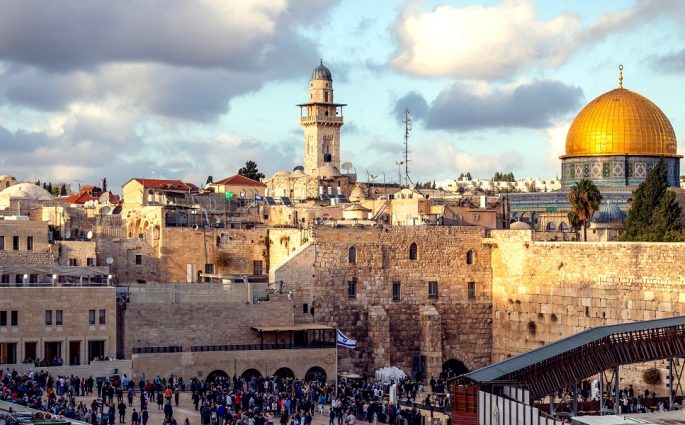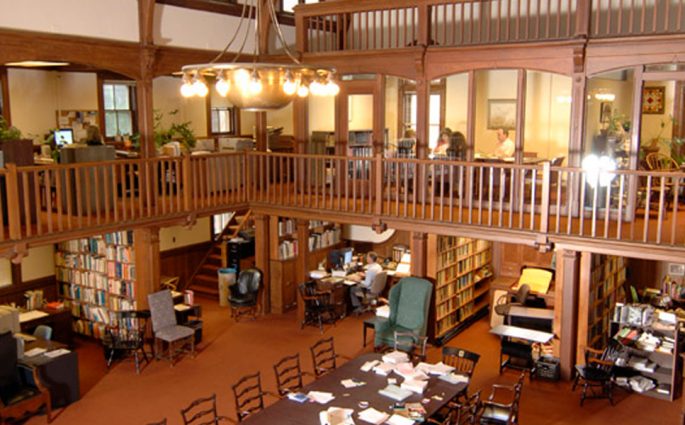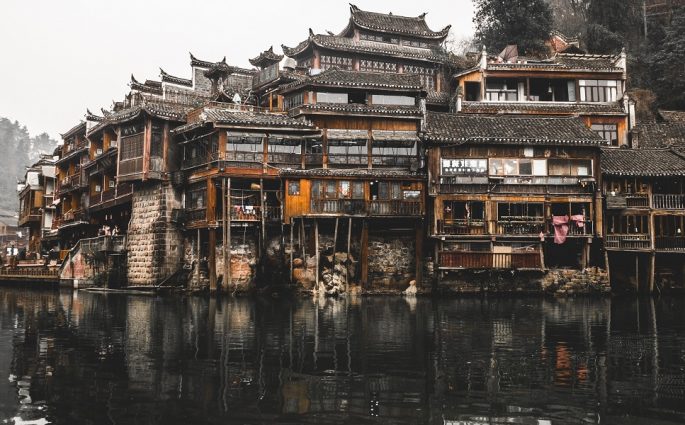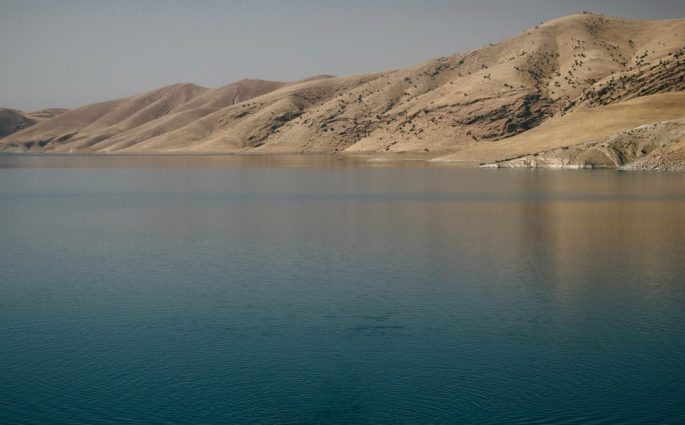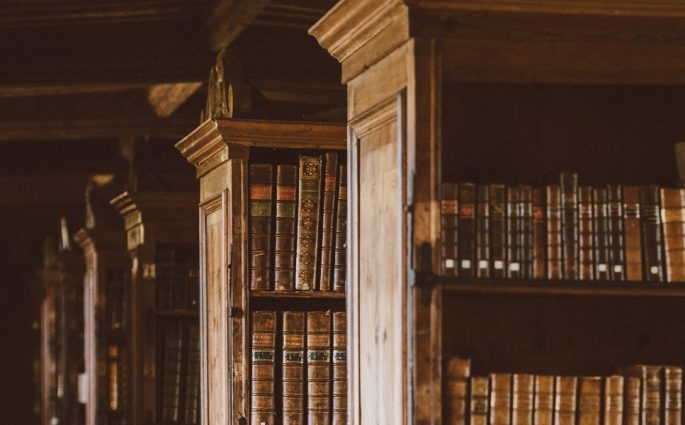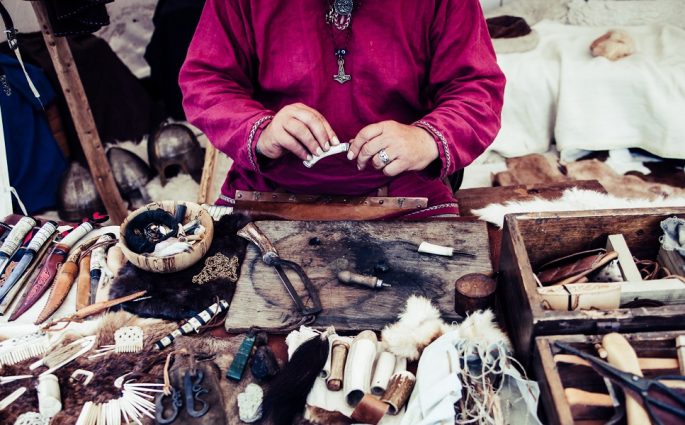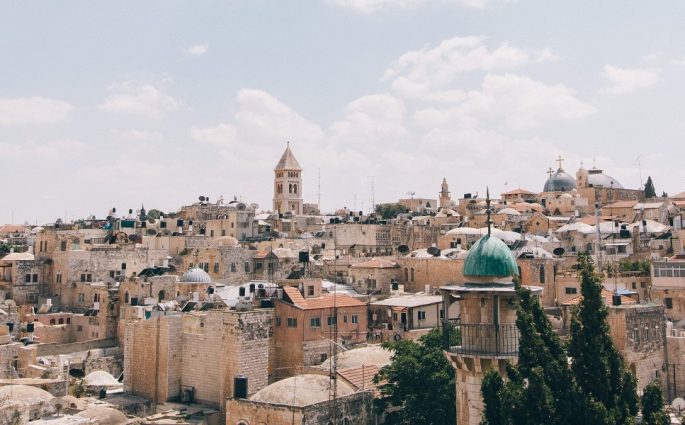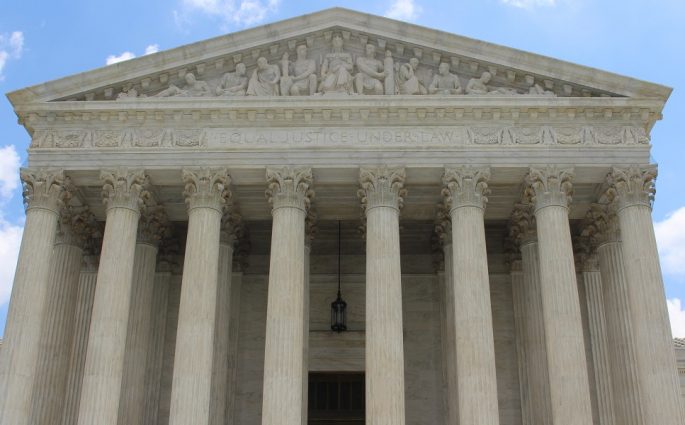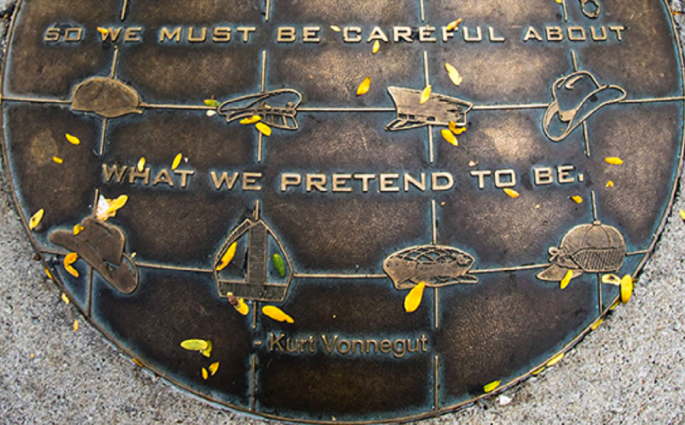A Time to Write and a Time to Resist
David G. Roskies— Writing, we are told, is a form of resistance. The act of writing is an assertion of one’s selfhood, one’s right to live, think and feel in the face of all that negates it. But writing can just as easily be an escape from reality, an exercise


